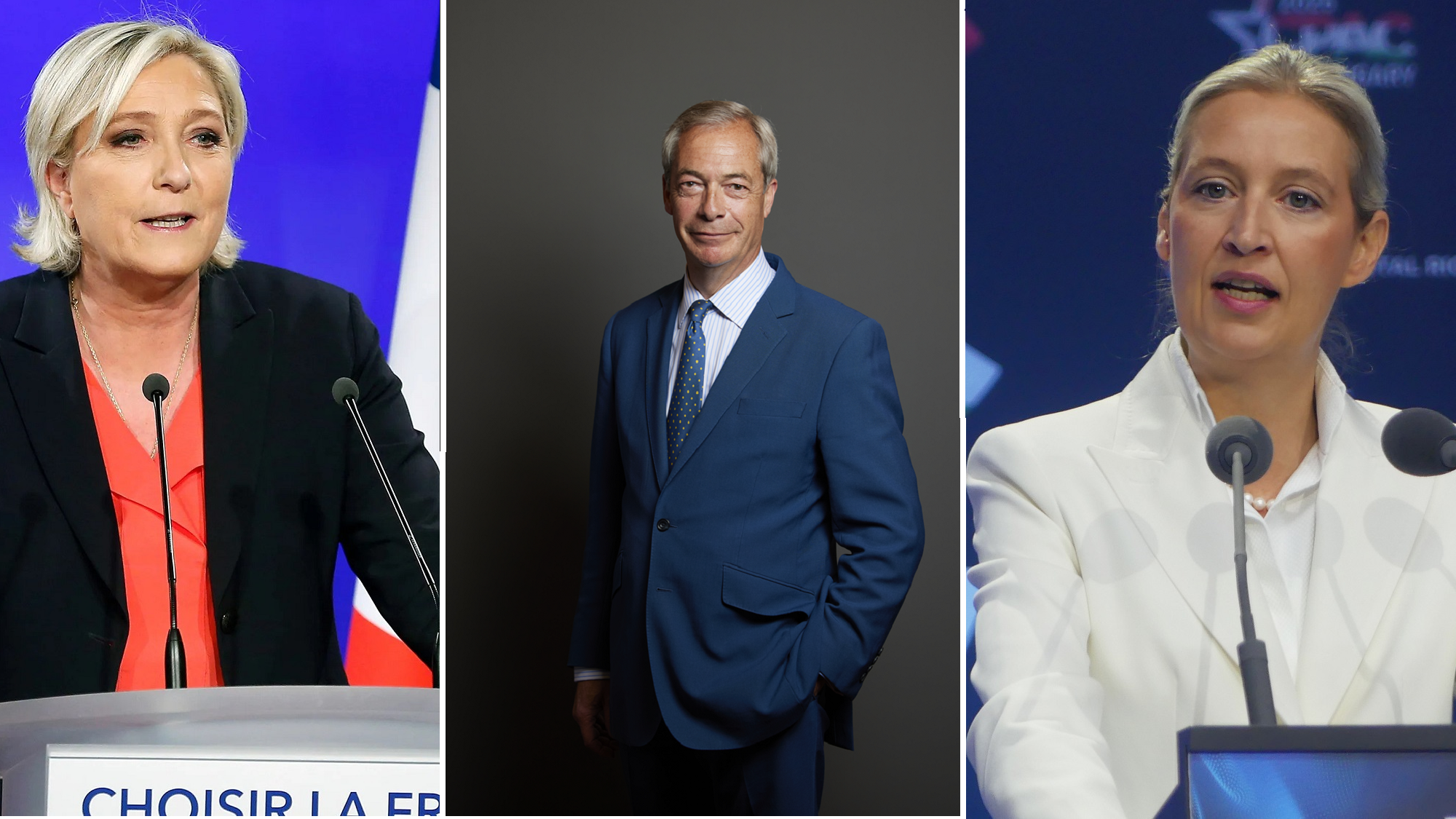Last Sunday, 30 August, The Wall Street Journal published a piece on their website about an interesting trend in Western Europe. As they put it, in all three of the three largest European economies, ‘populist or far-right parties are leading the polls’.
As the author points out, this is in addition to the right-wing populist PVV party’s upset win in the 2023 Dutch parliamentary elections, and Prime Minister Giorgia Meloni’s right-wing FdI party winning the 2022 Italian election. Both of these parties strongly came out in favour of curbing mass migration in their respective campaigns.
Marine Le Pen’s Rassemblement national is leading the polls in France. The eligibility of LePen to run for president is currently being adjudicated. However, even her second-in-command Jordan Bardella, who is the presumptive nominee for Rn if Le Pen is ruled ineligible, has the highest approval rating among French politicians (36 per cent) in the most recent poll by the polling firm Elabe, the WSJ piece writes.
Paul Hsieh on X (formerly Twitter): “The mood in Europe.https://t.co/6yZdoLl8Wn pic.twitter.com/8LquIQwljy / X”
The mood in Europe.https://t.co/6yZdoLl8Wn pic.twitter.com/8LquIQwljy
Rassemblement national won the European Parliamentary elections by a wide margin in June 2024 in France. In the snap legislative election called shortly after, they won the popular vote by over 10 points, yet only took the third most seats in the National Assembly.
Meanwhile, in the United Kingdom, surveys measure Nigel Farage’s Reform UK party to be the most popular these days. Famously, Farage was the leading voice that pushed for the UK to leave the European Union, which it eventually did in 2016 through a referendum. In the local council elections this May, Reform took the most council seats, while the incumbent Labour Party only took the fourth (!) most seats.
In Germany, Chancellor Olaf Scholz from the centre-left SPD lost a no-confidence vote in parliament in December 2024, triggering early elections in February 2025. In that election, the centre-right CDU came in first, while the far-right AfD party came in second. Since then, however, CDU’s popularity has been on the decline, while support for AfD has been on the rise. Recently, the mysterious deaths of several AfD candidates ahead of the local elections in North Rhine-Westphalia have been stirring up suspicion in Germany and internationally alike.
As for what might cause the recent rise in right-wing parties in Western Europe, The Wall Street Journal opines:
‘Like the US, much of Europe has experienced two things at the same time since the pandemic: record levels of immigration that have caused a voter backlash, and a surge in inflation that has now eased but left prices for many goods much higher than before—leaving many voters feeling worse off. Social media has also polarized opinions.
Unlike the US, however, much of Europe has almost no economic growth, fueling a widespread sense that the continent faces years of drift, as well as political gridlock. The sense of economic decline together with rapid immigration is a toxic combination that has turned many voters against established political parties, said Jérémie Gallon, a former French diplomat and head of Europe for consulting firm McLarty Associates.’
It seems that the general discontent with the state of the political establishment could be exploited by far-left anti-establishment parties as well. However, their commitment to 'lost causes' such as mass migration and the green agenda cedes plenty of ground for right-wing populist parties, allowing them to rise in Western Europe.
Related articles:







